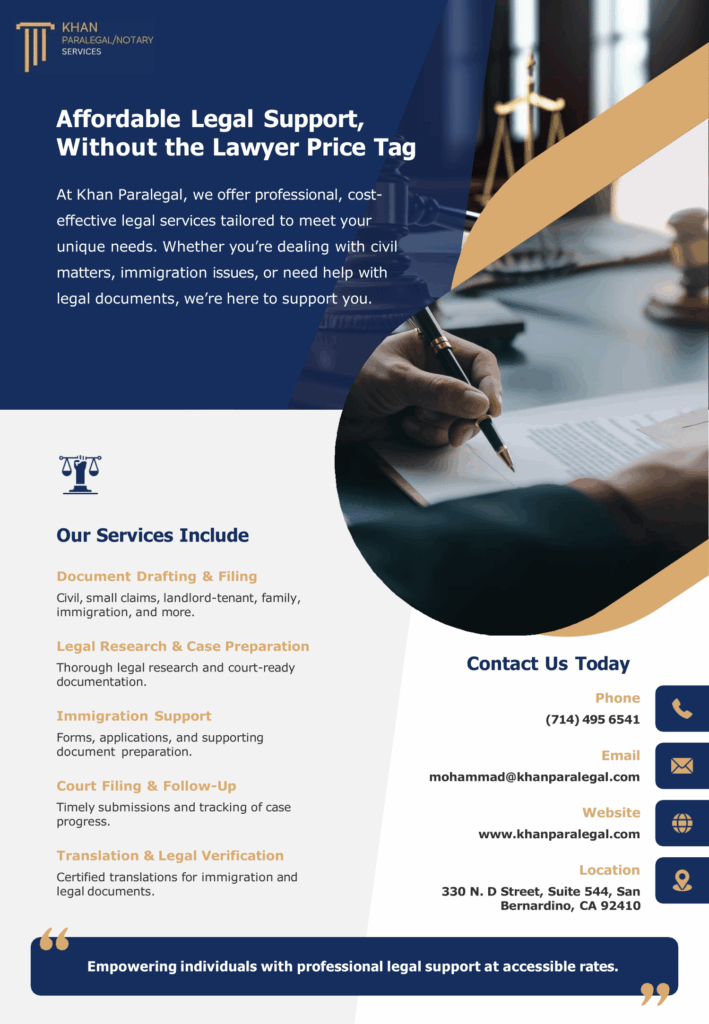A well-drafted settlement agreement can save time, money, and stress. In California, settlements resolve disputes, preserve business relationships, and (if properly drafted) are enforceable by the courts — sometimes even as a judgment. Below is a practical guide to the benefits, the most common situations where settlements help, key California rules you should know, and drafting tips to protect both parties.
Top benefits of using a settlement agreement
- Cost & time savings. Litigation is expensive and slow; settlement quickly closes the dispute and avoids litigation costs.
- Control. Parties pick the outcome (money, performance, confidentiality), rather than leaving the decision to a judge or jury.
- Predictability & certainty. Clear terms (payment schedule, releases) reduce future disputes.
- Enforceability. Courts may retain jurisdiction to enforce settlement terms or enter judgment on them under California law.
- Reputational and business continuity. Settlement can preserve commercial relationships and avoid public, protracted fights.
- Tailored relief. Settlements can include non-monetary terms (restructuring, corrective action, specific performance) that a court might not order.
Most common situations where settlements protect both sides
- Employment disputes & separations. Wages, discrimination, harassment, or wrongful-termination claims are often settled to avoid public litigation. (Note: confidentiality and nondisparagement clauses have legal limits — see below.)
- Business contract disputes. Breach-of-contract, vendor disputes, and partnership splits are often resolved by negotiated payment terms and releases.
- Landlord–tenant and real-estate claims. Settlements can include move-out terms, monetary compensation, or agreed repairs to avoid evictions or litigation.
- Personal-injury / minor torts. Quick resolution for medical bills and release of further claims.
- Construction and consumer disputes. Repair schedules, credits, or refunds negotiated in lieu of lawsuits.
- PAGA and wage-and-hour claims. These are sensitive — settlements often require court approval and agency notice/filing.
Key California laws and practical effects you should know
- Court enforcement — CCP § 664.6. If parties agree to settle a case in writing (or state the agreement on the record), a court may retain jurisdiction to enforce the settlement or enter judgment if a party breaches. This makes settlements effectively court-enforceable instruments when properly recorded.
- Unknown-claim waivers — Civil Code § 1542 (waiver language). Parties commonly include a §1542 waiver to release unknown claims, but the statute exists to protect against unintentionally waiving unknown liabilities; if you intend to waive unknown claims, include explicit §1542 language.
- PAGA / wage-and-hour settlements. Settlements resolving PAGA claims typically require court review and submission to the Labor & Workforce Development Agency (LWDA). PAGA settlements that improperly release claims or conceal terms can be rejected or unwound. Get agency and court approval when PAGA is involved.
- Limits on confidentiality & nondisparagement for harassment/discrimination. California has tightened limits on NDAs, nondisparagement, and confidentiality in employment settlements (e.g., “Silenced No More” laws), particularly for harassment or discrimination claims. Draft confidentiality clauses carefully to comply with these rules.
What to include in a strong California settlement agreement
- Clear identification of parties and case/claim being resolved.
- Scope of release — enumerated claims and dates; express §1542 waiver if intended.
- Consideration & payment terms — dollar amount, timing, escrow, tax allocation.
- Confidentiality / nondisparagement — ensure compliance with SB 331 and related rules if employment/harassment issues involved.
- Mutual representations & warranties — authority to settle, no pending undisclosed claims.
- Enforcement clause — include an acknowledgment that parties may ask the court to retain jurisdiction under CCP §664.6 (if litigation already pending).
- Attorneys’ fees & costs — who pays if a breach occurs.
- PAGA carve-outs / LWDA notice — if applicable, follow PAGA procedures.
- Integration clause, choice of law, and signatures (with dated execution).
Practical drafting & settlement tips
- Put it in writing. Oral “handshake” settlements are risky — use a written agreement or place the settlement on the record for court enforcement.
- Use escrow for payment to assure both sides (money held and released on verified performance).
- If litigation or PAGA is involved, get court/agency approvals before assuming the case is closed.
- Don’t overreach on confidentiality. For employment cases involving harassment or discrimination, California restricts NDAs and nondisparagement — comply with the law.
- Consider tax & bankruptcy implications. Allocate settlement between wages, emotional distress, and other categories after consulting tax counsel.
- Document consideration and release carefully to prevent later claims of duress or fraud.
When settlement can backfire (and how to avoid it)
- Improper releases. Overly broad releases may be unenforceable (e.g., PAGA carve-outs). Get legal review.
- Invalid confidentiality terms. Running afoul of the Silenced No More Act or public-policy limitations can void parts of the agreement.
- Unclear payment schedules. Ambiguity invites breach claims — use escrow or conditional payment terms.
- Lack of court jurisdiction language when litigation is pending — without CCP §664.6 language, enforcement may be harder.

Bottom line
Settlement agreements are powerful, flexible tools that — when carefully drafted and compliant with California law — protect both parties, reduce costs, and provide enforceable remedies. Before finalizing a settlement that touches employment, PAGA claims, or sensitive confidentiality topics, consider legal review to avoid pitfalls.
Disclaimer: Khan Paralegal and Notary is not an attorney and does not provide legal advice. This blog is informational only. For case-specific legal guidance, statutory interpretation, or to draft a settlement that meets California and local statutory requirements, consult a licensed California attorney.